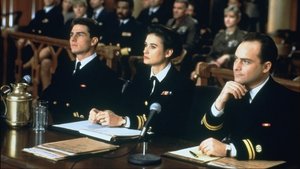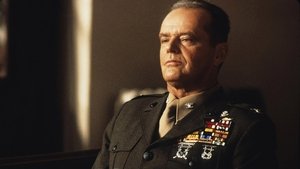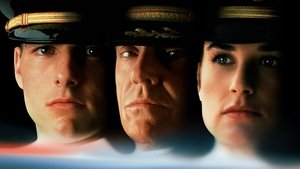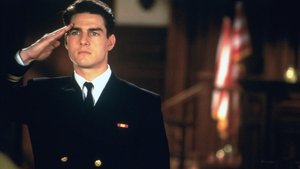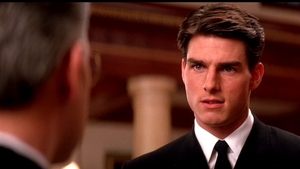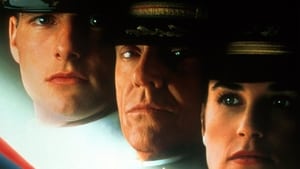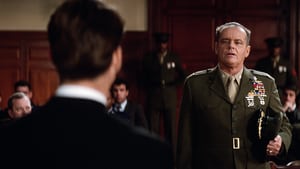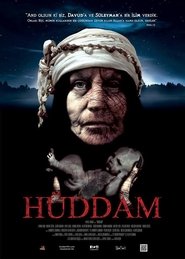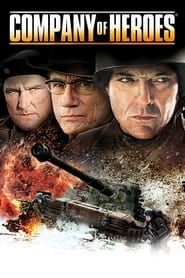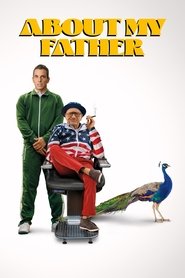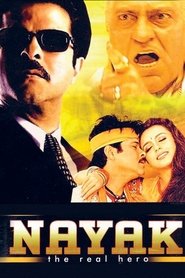
Video Sources 1623 Views
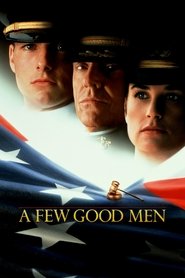
A Few Good Men
In the heart of the nation's capital, in a courthouse of the U.S. government, one man will stop at nothing to keep his honor, and one will stop at nothing to find the truth.Dec. 11, 1992United States138 Min.R
Synopsis
A Few Good Men 1992 full Movie Download In English 1080p 720p
StoryLine:
U.S. Marines Lance Corporal Harold Dawson and Private First Class Louden Downey are facing a general court-martial, accused of murdering fellow Marine William Santiago at the Guantanamo Bay Naval Base in Cuba. Santiago had poor relations with his fellow Marines, compared unfavorably to them, and broke the chain of command in an attempt to get transferred out of Guantanamo. Base Commander Colonel Nathan Jessup and his officers argue about the best course of action: while Jessup’s executive officer, Lieutenant Colonel Matthew Markinson, advocates that Santiago be transferred, Jessup dismisses the option and instead orders Santiago’s platoon commander, Lieutenant Jonathan James Kendrick, to “train” Santiago to become a better Marine.A Few Good Men 1992 Movie Download.
While it is believed that the motive in Santiago’s murder was retribution for naming Dawson in a fenceline shooting, Naval investigator and lawyer Lieutenant Commander Joanne Galloway largely suspects Dawson and Downey carried out a “code red” order: a violent extrajudicial punishment. Galloway wants to defend the two, but the case is given to Lieutenant (Junior Grade) Daniel Kaffee – an inexperienced and unenthusiastic lawyer with a penchant for plea bargains. Galloway and Kaffee instantly conflict, with Galloway unsettled by Kaffee’s apparent laziness whilst Kaffee resents Galloway’s interference. Kaffee and Galloway travel to Guantanamo base Cuba to question Colonel Jessup and others. Under questioning, Jessup claims Santiago was set to be transferred the next day.
When Kaffee negotiates a plea bargain with the prosecutor Captain Jack Ross, Dawson and Downey refuse to go along, insisting that Kendrick had indeed given them the “code red” order and that they never intended Santiago to die. Dawson shows outright contempt for Kaffee, refusing to salute or acknowledge him as an officer because Dawson sees him as having no honor by choosing a plea bargain over defending their actions.
Additional Links:
Original title
A Few Good Men
IMDb Rating
7.7 248,504 votes
TMDb Rating
7.5 2,522 votes
Director
Director
Cast
Lt. Daniel Kaffee
Col. Nathan R. Jessep
Lt. Cdr. JoAnne Galloway
Lt. Sam Weinberg
Capt. Jack Ross
Lance Cpl. Harold W. Dawson
Pfc. Louden Downey
Lt. Col. Matthew A. Markinson
Lt. Jonathan Kendrick
Judge Randolph

